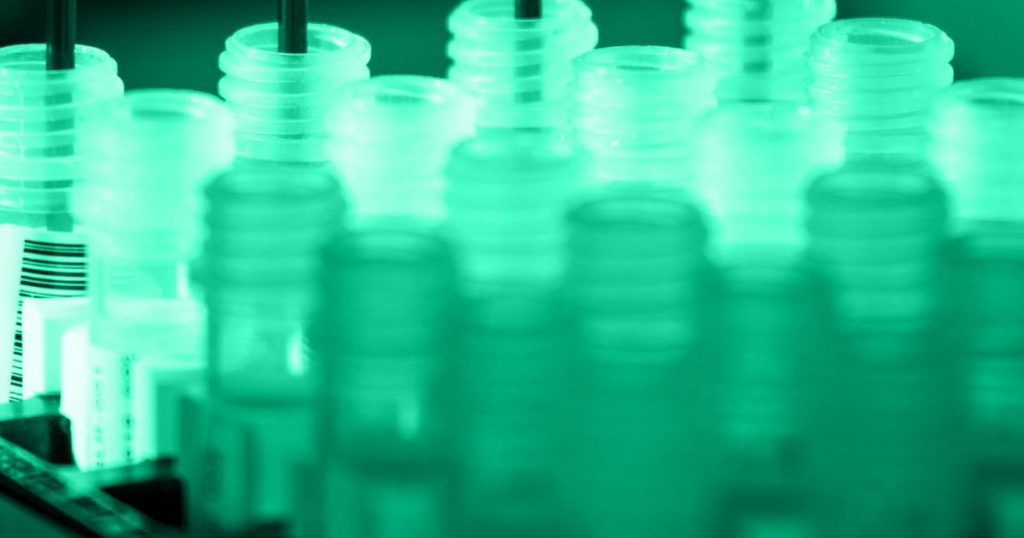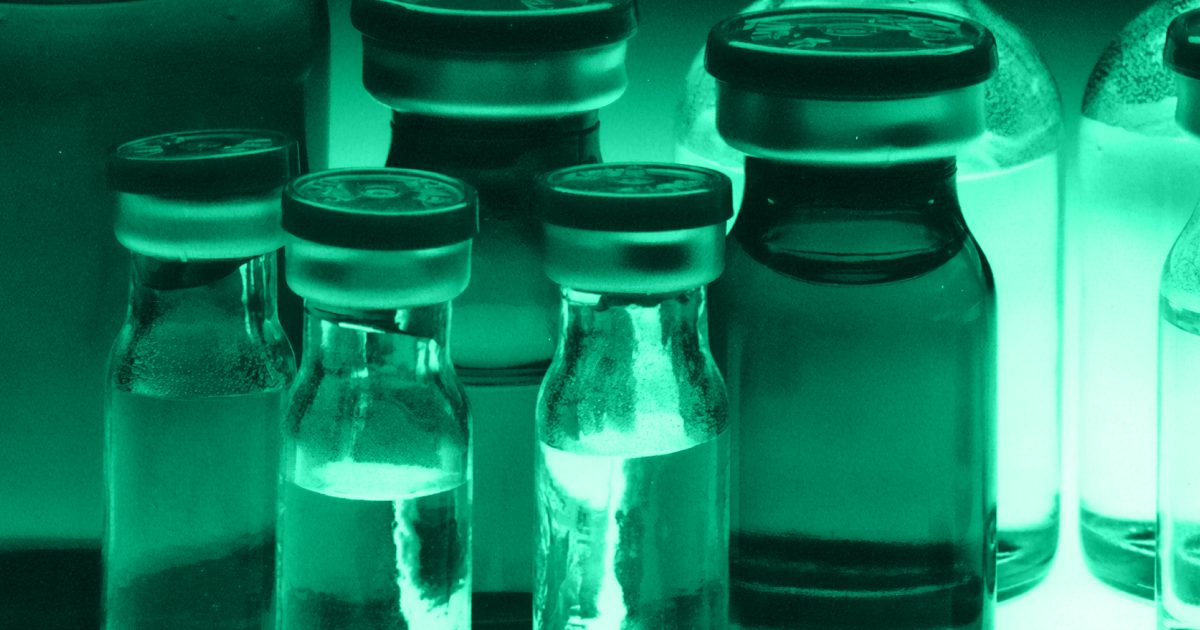February 22, 2024
Choosing a career as a medical lab technician offers a fulfilling path for individuals interested in the medical field who prefer not to engage directly with patients. This role allows one to delve into the scientific and technological aspects of healthcare, contributing to patient diagnoses and treatments from behind the scenes. Understanding the responsibilities of a medical lab technician and the process of entering this profession can guide those contemplating this career. This article aims to clarify the duties of a medical lab technician and describe the pathway to becoming one.
The Role of a Medical Lab Technician
Understanding the role of a medical lab technician is essential for anyone considering this career path. These professionals are tasked with carrying out various tests within laboratory environments. They handle tissues, bodily fluids, and other samples to conduct diagnostic tests that are bacteriological, microscopic, immunological, and chemical in nature. Such tests aim to detect, quantify, or assess the severity of disease-causing agents with precision and scientific rigour. Key responsibilities of medical lab technicians include:
- Reporting test outcomes to the physicians who requested them and meticulously documenting these results in the lab’s records or daily logs.
- Collecting, preparing, and preserving specimens for analysis.
- Describing the procedures of lab tests to patients and other stakeholders.
- Assessing samples provided by nurses and other healthcare workers to ensure they meet the necessary criteria for the tests being conducted.
- Creating laboratory reagents and standard solutions needed for a broad range of tests.
- Ensuring the laboratory environment remains clean and safe.
- Standardising test procedures to guarantee the consistency, reliability, and applicability of test results.
- Calibrating laboratory equipment, formulating standard operating procedures, and establishing appropriate reference ranges for various tests.
- Operating sophisticated automated equipment and computerised instruments that can conduct multiple tests simultaneously.
What is a Medical Lab Technician?
A medical laboratory technician is a skilled professional who analyses blood and tissue samples with specialised equipment to identify medical conditions. They typically operate under the guidance of physicians, laboratory managers, and laboratory technologists in various settings such as diagnostic labs, clinics, and hospitals. The term ‘med tech‘ is broadly used among medical professionals, including laboratory technicians, but it also encompasses lab scientists, medical technologists, respiratory technicians, pharmacy technicians, and X-ray technicians. The key difference lies in their qualifications; technologists often have a bachelor’s degree, while technicians are likely to hold A-levels, diplomas, or certificates.
Medical Lab Technician Average Salary
The average annual salary for a medical laboratory technician is approximately £21,285 in the UK. This figure can vary based on factors such as the technician’s experience and the location of their employment. Technicians with more years of experience tend to earn higher salaries. Additionally, those employed in public healthcare institutions generally receive higher compensation than their counterparts in the private sector.
The Work Environment for a Medical Lab Technician
Medical laboratory technicians are employed across a diverse array of environments, which include:
- Hospital labs
- Commercial labs
- Diagnostic labs
- Blood and organ donation centres
- Fertility clinics
- Biotech firms
- Pharmaceutical companies
- Public health agencies
- Research institutes
- Reference labs
- Medical equipment sales organisations
Typically, a medical lab technician’s work week spans about 40 hours. Those stationed in medical facilities that operate round-the-clock might be required to work additional hours or be on call. The work setting for these technicians is usually well-lit, hygienic, and sterile. They employ a variety of personal protective gear (PPE) like gloves, masks, goggles, and lab coats to safely handle specimens. The role often demands being on one’s feet for prolonged durations and occasionally involves lifting patients who are unable to move independently to collect necessary samples.

Medical Lab Technician Specialities
Medical lab technicians’ duties can significantly differ based on their specialisation and the environment they work in. For instance, some technicians focus on phlebotomy, where their primary tasks involve the collection, analysis, and examination of blood samples. There are several other specialisations within the field of medical laboratory technology, including:
Microbiology Technicians
These technicians assist microbiologists in identifying various microorganisms, such as viruses, fungi, bacteria, protozoa, algae, and prions. Their work includes preparing and maintaining laboratory equipment, like test tubes, and collecting samples for analysis. They conduct tests, analyse results, and compile data reports.
Haematology Technicians
Specialising in blood, haematology technicians play a crucial role in diagnosing blood diseases and conditions affecting blood-forming tissues. Their responsibilities include drawing blood from patients, performing tests like blood counts, and ensuring that laboratory equipment is clean, calibrated, and sterile.
Essential Skills to Become a Medical Lab Technician
To excel as a medical laboratory technician, one needs both the technical knowledge gained through education and a natural inclination towards science, along with several key soft skills:
- Reading Comprehension: The ability to accurately understand and follow the written instructions of physicians is crucial.
- Attention to Detail: Precision is critical in conducting tests and managing procedures accurately.
- Critical Thinking: The capacity to evaluate various solutions to a problem or decision-making scenarios, and then selecting the most beneficial outcome is essential.
- Problem-solving: Quickly identifying and addressing issues is a vital aspect of the role.
- Active Listening: Strong listening skills are necessary for effective communication with both patients and medical colleagues.
- Dexterity: Proficiency in handling needles and delicate laboratory equipment is required due to the hands-on nature of the work.
- Physical Stamina: The job often demands standing for extended periods and possibly assisting in moving patients who are unable to move on their own to collect necessary samples.

Published on 22-02-2024

